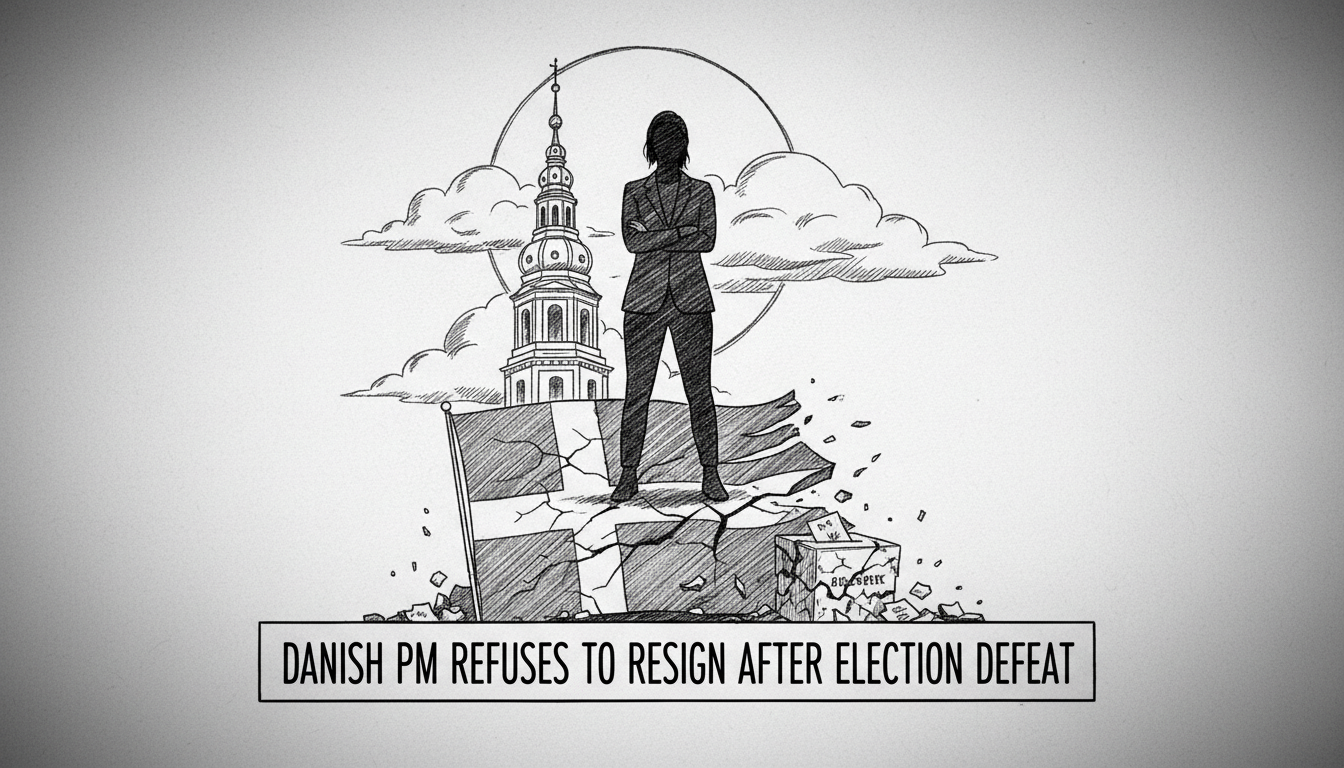Danish Prime Minister Mette Frederiksen confirmed she will not step down as leader of the Social Democrats despite her party suffering substantial losses in local elections. She made the announcement Thursday before a party group meeting at Christiansborg Palace, the seat of the Danish Parliament.
Frederiksen acknowledged the election setback but pointed to her party's previous success. "It is true that we went backward in this local election, but we moved forward in the most recent parliamentary election," she stated. When pressed about her political future, the prime minister responded directly, "I have no plans to resign."
This marks the second consecutive electoral defeat for the Social Democrats. The party also lost ground in last year's European Parliament elections. During that contest, the Socialist People's Party (SF) actually surpassed the Social Democrats in voter support.
Danish local and regional elections determine leadership for municipalities and regions across Denmark. These votes often serve as important political barometers between national parliamentary elections. The Social Democrats' declining performance suggests growing voter dissatisfaction with the governing coalition.
Frederiksen leads Denmark's first coalition government in over forty years. Her administration includes both center-left and center-right parties. This unusual political arrangement has faced criticism from all sides of the political spectrum.
The election results come amid ongoing public debates about Denmark's welfare model and immigration policies. Frederiksen's government has pursued stricter immigration rules while attempting to maintain Denmark's comprehensive social safety net.
Political analysts note that local election losses often pressure national leaders to reconsider their positions. Frederiksen's refusal to step down demonstrates her determination to maintain control of her party and the governing coalition. The prime minister appears to be betting that voters will return to her party in the next national election.
The situation reflects broader challenges facing center-left parties across Europe. Many social democratic parties struggle to maintain their traditional working-class support while appealing to urban progressive voters. Denmark's political landscape continues to fragment with multiple parties competing for influence.
Frederiksen faces the difficult task of uniting her divided party while governing through a complex coalition. Her ability to maintain leadership through electoral setbacks will test her political resilience in the coming months.

